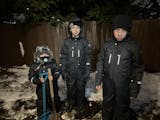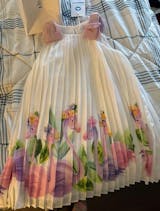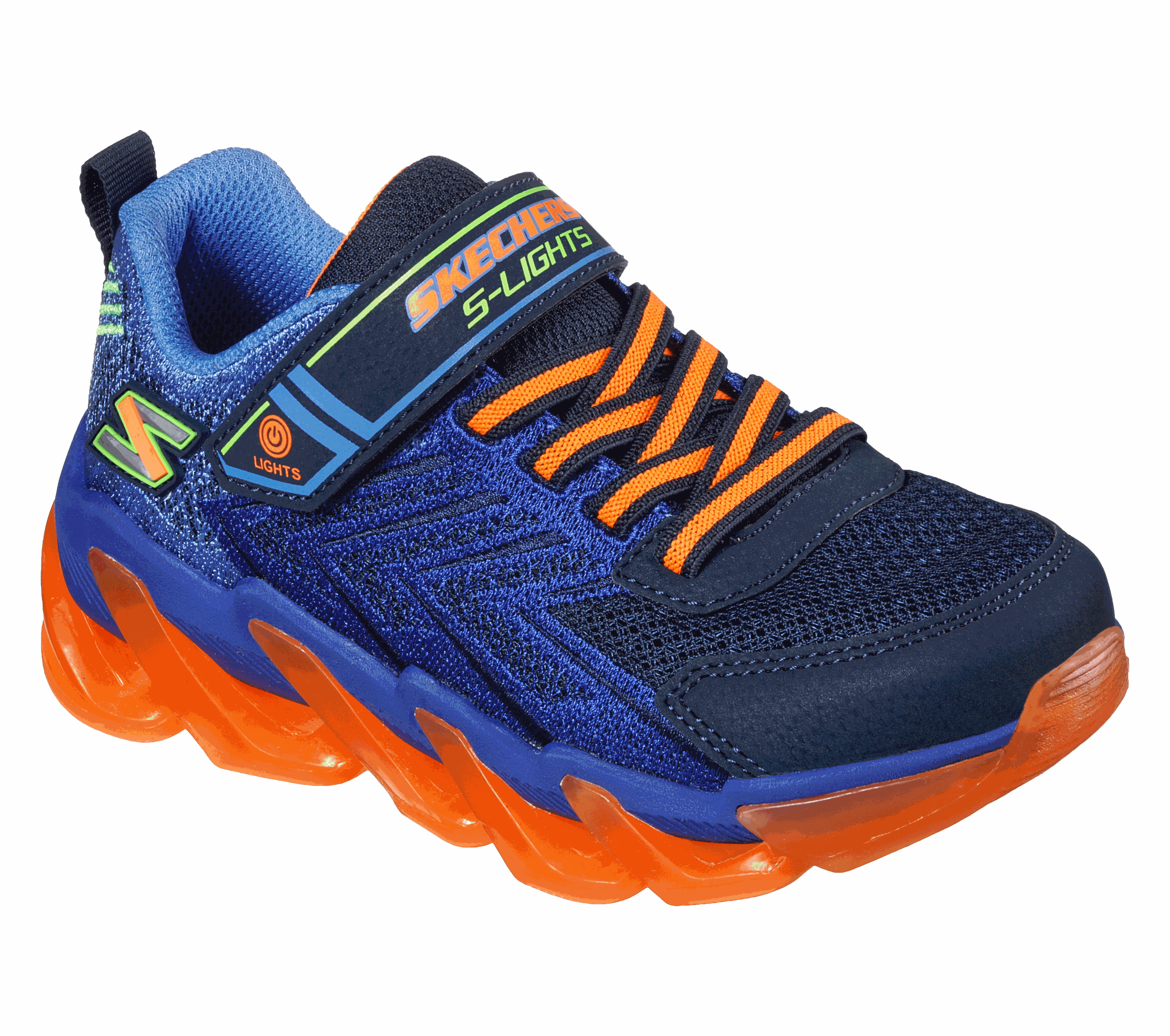As parents, we strive to give our little ones the very best—from nourishing meals to nurturing environments. One often-overlooked aspect of baby care is the clothing they wear daily. With sensitive skin and developing immune systems, babies can benefit immensely from garments that are free of harsh chemicals, pesticides, and synthetic dyes. Organic baby clothes offer a gentle, sustainable solution that prioritizes your child’s health and the planet’s wellbeing. In this comprehensive guide, we’ll explore why organic baby clothing matters, how to choose the right brands, and highlight six outstanding labels that do it best. You’ll also find a handy comparison table and an FAQ section to answer common questions.
Why Choose Organic Baby Clothes?
1. Gentle on Sensitive Skin
Babies have thinner skin than adults, making them more susceptible to irritants and allergens. Conventional textiles can be treated with pesticides, formaldehyde-based resins, and chemical dyes—all potential triggers for rashes and eczema. Organic fabrics, certified by organizations like GOTS (Global Organic Textile Standard), are grown and processed without these harmful substances, reducing the risk of skin irritation and ensuring maximum comfort for your little one.
2. Environmentally Responsible
Standard cotton farming is water-intensive and heavily reliant on chemical inputs, contributing to soil degradation and water pollution. In contrast, organic cotton uses crop rotations and natural fertilizers, preserving soil health and biodiversity. By choosing organic babywear, you’re supporting farming practices that conserve water, protect wildlife, and reduce your carbon footprint.
3. Durable and Long-Lasting
Organic fibers are often stronger and more resilient because they haven’t been weakened by chemical treatments. This means clothes hold up better to frequent washing—crucial for baby garments—and can be passed down or resold, further extending their lifecycle and value.
How to Identify Truly Organic Baby Clothes
-
Certification Matters
-
GOTS Certified: Guarantees organic fiber content, environmentally and socially responsible manufacturing, and prohibition of toxic chemicals.
-
OEKO-TEX® Standard 100: Tests for harmful substances in finished textiles.
-
-
Check the Labels
-
Look for 100% organic cotton or organic cotton blends.
-
Avoid vague terms like “natural” or “sustainably sourced” without certification.
-
-
Inspect for Quality
-
Seams should be well-finished to prevent irritation.
-
Prints and dyes should be water-based or low-impact.
-
-
Consider Ethical Production
-
Brands that ensure fair wages and safe working conditions further demonstrate commitment to responsibility.
-
Top 6 Organic Baby Clothing Brands
Below, we dive into six brands that excel in creating comfortable, stylish, and genuinely organic baby apparel.
1. Petit Lem
A Canadian favorite, Petit Lem specializes in GOTS-certified organic cotton clothing for babies up to 36 months. Known for whimsical prints and durable construction, their collections combine playful designs with all-day comfort. From soft footed sleepers to adorable rompers, Petit Lem keeps your baby both cozy and cute.
Shop Petit Lem
2. Miles the Label
Miles the Label delivers minimalist essentials made from 100% organic cotton. Their neutral color palettes—think soft greys, creams, and taupes—make mixing and matching effortless. Ethically produced and free from harmful chemicals, these staples (onesies, leggings, swaddles) form the perfect foundation for any baby wardrobe.
Shop Miles the Label
3. Mayoral
A renowned Spanish brand, Mayoral combines contemporary style with sustainable practices. Their baby lines feature organic cotton blends and eco-friendly dyes, offering practical pieces like bodysuits, gowns, and sets in timeless hues. When you choose Mayoral, you get European design flair backed by a brand committed to environmental stewardship.
Shop Mayoral
4. Deux par Deux
Deux par Deux brings vibrant prints and premium organic fabrics together in each collection. Based in Canada, this label uses a mix of organic cotton and bamboo to create breathable, hypoallergenic garments. With bold patterns and unique details, Deux par Deux stands out while ensuring every item is soft against delicate skin.
Shop Deux par Deux
5. Hatley
Famous for charming prints, Hatley offers an extensive range of organic baby clothing that includes sleepwear, outerwear, and everyday basics. Their organic cotton pieces utilize eco-friendly dyes and thoughtful designs, such as easy-snap closures and expandable hems, making dressing and diaper changes a breeze.
Shop Hatley
6. Joules
With British-inspired patterns and a focus on quality, Joules crafts organic babywear that marries style with substance. Their collections feature 100% organic cotton rompers, pyjamas, and tops, all designed to last through countless washes. Joules’s commitment to sustainable sourcing and fair labor practices adds another layer of trust.
Shop Joules
Comparison Table of Top Organic Baby Clothing Brands
| Brand | Material | Age Range | Unique Feature | Link |
|---|---|---|---|---|
| Petit Lem | GOTS-certified organic cotton | 0–36 months | Whimsical prints & durable construction | Shop Petit Lem |
| Miles the Label | 100% organic cotton | Newborn–toddler | Minimalist neutrals, ethically made | Shop Miles the Label |
| Mayoral | Organic cotton blends | 0–24 months | European design with eco-friendly dyes | Shop Mayoral |
| Deux par Deux | Organic cotton & bamboo blends | 6–36 months | Vibrant patterns, Canadian-made | Shop Deux par Deux |
| Hatley | Organic cotton, eco-friendly dyes | 0–36 months | Functional details, fun prints | Shop Hatley |
| Joules | 100% organic cotton | Newborn–toddler | British-inspired patterns | Shop Joules |
Discover all these and more at Jennikidz.
How to Care for Organic Baby Clothes
-
Wash Separately First Time
New garments may bleed dyes slightly. A separate initial wash preserves color. -
Use Gentle Detergents
Opt for fragrance-free, baby-safe laundry soap. -
Cold Water & Low Heat
Preserve fibers by washing in cold water and tumble-drying on low. -
Avoid Harsh Chemicals
Skip bleach and fabric softeners, which can break down organic fibers. -
Air Dry When Possible
Hanging garments extends their life and maintains shape.
FAQs
Q1: What qualifies baby clothes as “organic”?
A: Organic baby clothes are made from fibers grown without synthetic pesticides, herbicides, or genetically modified seeds. They’re processed without toxic chemicals and often carry certifications like GOTS or OEKO-TEX®.
Q2: Are organic baby clothes more expensive?
A: While organic fabrics can carry a premium due to sustainable farming and fair labor, the durability and safety benefits often justify the cost—especially for sensitive infant skin.
Q3: How can I verify a brand’s organic claims?
A: Look for recognized certifications on labels or a brand’s website. GOTS is the gold standard, covering both ecological and social criteria from farm to finished product.
Q4: Do organic baby clothes last as long as conventional ones?
A: Yes—often longer. Without harsh chemical processing, organic fibers maintain strength and color better over repeated washes.
Q5: Can I find organic baby clothes in stores, or only online?
A: Many specialty boutiques and larger retailers now carry organic baby lines. However, online shops like Jennikidz offer a wider selection and detailed product information.
Q6: Are organic baby clothes hypoallergenic?
A: Organic cotton and bamboo fabrics are naturally hypoallergenic and breathable, reducing the risk of allergic reactions and overheating.
Choosing the right baby clothes isn’t just about style—it’s about safety, comfort, and sustainability. By selecting organic, certified garments, you’re investing in your child’s wellbeing and supporting eco-friendly practices. Explore the curated collections from Petit Lem, Miles the Label, Mayoral, Deux par Deux, Hatley, and Joules at Jennikidz to find the perfect pieces for your little one’s first wardrobe.




























